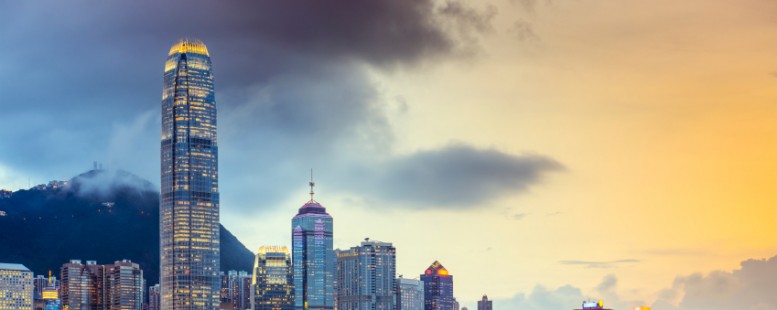Our Opinion: 2020
Hong Kong’s new normal

It has been ten days since a new security law, effectively imposed by the Chinese government, came into effect, but already the atmosphere in Hong Kong has changed dramatically.
People have been arrested for possessing materials deemed subversive; the mosaics of pro-democracy messages have been torn down or replaced with blank notes after police warnings. Political groups have been disbanded; authorities have ordered schools to remove books that might ‘endanger’ national security; and public libraries have pulled ‘sensitive’ books. Even veteran pro-democracy politicians are filled with trepidation about the possibility of being arrested and shipped to the mainland.
Across Hong Kong, people are scrambling to purge their social-media histories of incriminating details. Yet, many expatriates working in Hong Kong, who have the option of returning home, remain relaxed, arguing that normal life can go on so long as certain red lines are avoided. Indeed, some in the business community even support the new law on the grounds that it will restore order, downplaying the idea that it will undermine Hong Kong’s status as a global financial hub.
Such cynical attitudes among parts of the business elite are naïve. Singapore, some say, is not free and is no Western-style, liberal democracy, yet it is a great success. Singapore, though, while it has some authoritarian features, is predictable and restrained. The Chinese system, by contrast, is unpredictable and based on the unrestrained power and authority of the Communist party. Given the pace of change, nobody in Hong Kong can have any real idea where the lines will be drawn.
Some technology companies are already voting with their feet. The social-media company TikTok, for example, which has faced criticism from US lawmakers over its relationship with its Beijing-based parent company, ByteDance, has said that it will no longer operate in Hong Kong. Other major tech companies, including Facebook, Google, Microsoft, Twitter and Zoom, have also said they will stop processing Hong Kong government requests for user data. Hong Kong’s leader Carrie Lam could retaliate by blocking access to those companies’ products within Hong Kong, but that’s a battle she is likely to lose. The country just isn’t large enough a market to justify risking a backlash in the West and would make the city less attractive to skilled migrants.
Still, the tech giants’ stand brings into the open concerns many foreign companies in the city are discussing internally but executives dare not talk about publicly for fear of getting dragged into the political fray. American technology firms are putting up a united front in challenging the law that is the sharp edge of Beijing’s crackdown on the city’s protest movement.
13th July 2020
